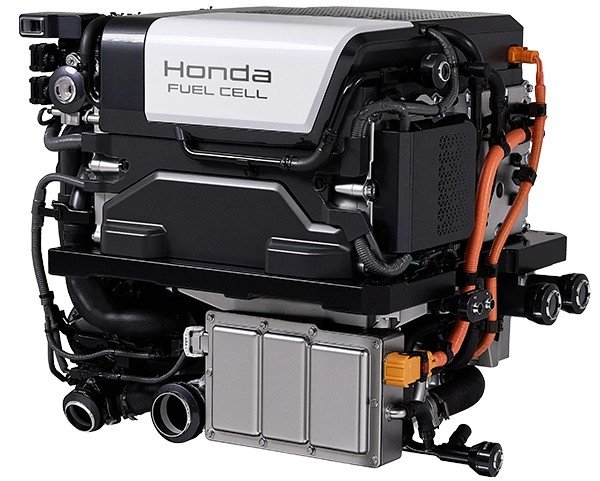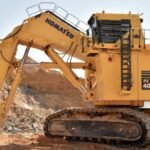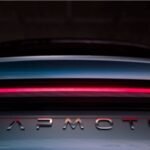Honda Motor Company, a leading Japanese automaker, has recently announced a delay in the launch of production for its next-generation fuel cell modules at the Moka City plant in Tochigi Prefecture. The decision was made due to the slower-than-expected global adoption of fuel cell electric vehicles (FCEVs).
Originally slated to begin production in the fiscal year ending March 31, 2028, the construction of the facility using part of the former engine production plant in Moka City will now be postponed. Honda has not provided a new schedule for the production commencement but has stated that the initial production capacity will be reduced to 20,000 units per year, down from the previously planned 30,000 units.
The company also mentioned that the project was initially eligible for government subsidies under a program led by the Japanese Ministry of Economy, Trade and Industry (METI) to support the establishment of supply chains for Japanese manufacturing companies in the “GX (green transformation) area.” However, due to the project delay and reduced production capacity, Honda has had to opt out of the subsidy program.
Honda has been a pioneer in exploring the potential of hydrogen as part of the transition towards a carbon-neutral society. With over 30 years of experience in developing hydrogen technologies and FCEVs, the company has identified four core domains for the utilization of its next-generation fuel cell modules. These include passenger vehicles, commercial vehicles, stationary power generators, and construction machinery as part of its goal to achieve carbon neutrality for all products and corporate activities by 2050.
In other news, nominations are now open for the prestigious Just Auto Excellence Awards, which celebrate innovation, leadership, and impact in the automotive industry. This is an opportunity for companies to showcase their achievements, highlight industry advancements, and gain global recognition. Don’t miss the chance to be honored among the best – submit your nomination today!
Overall, Honda’s decision to delay the production of fuel cell modules reflects the challenges and uncertainties surrounding the adoption of FCEVs in the global market. Despite this setback, the company remains committed to advancing hydrogen technologies and contributing to a sustainable future.







